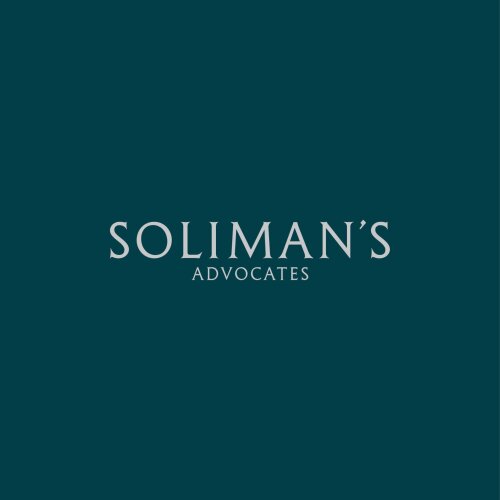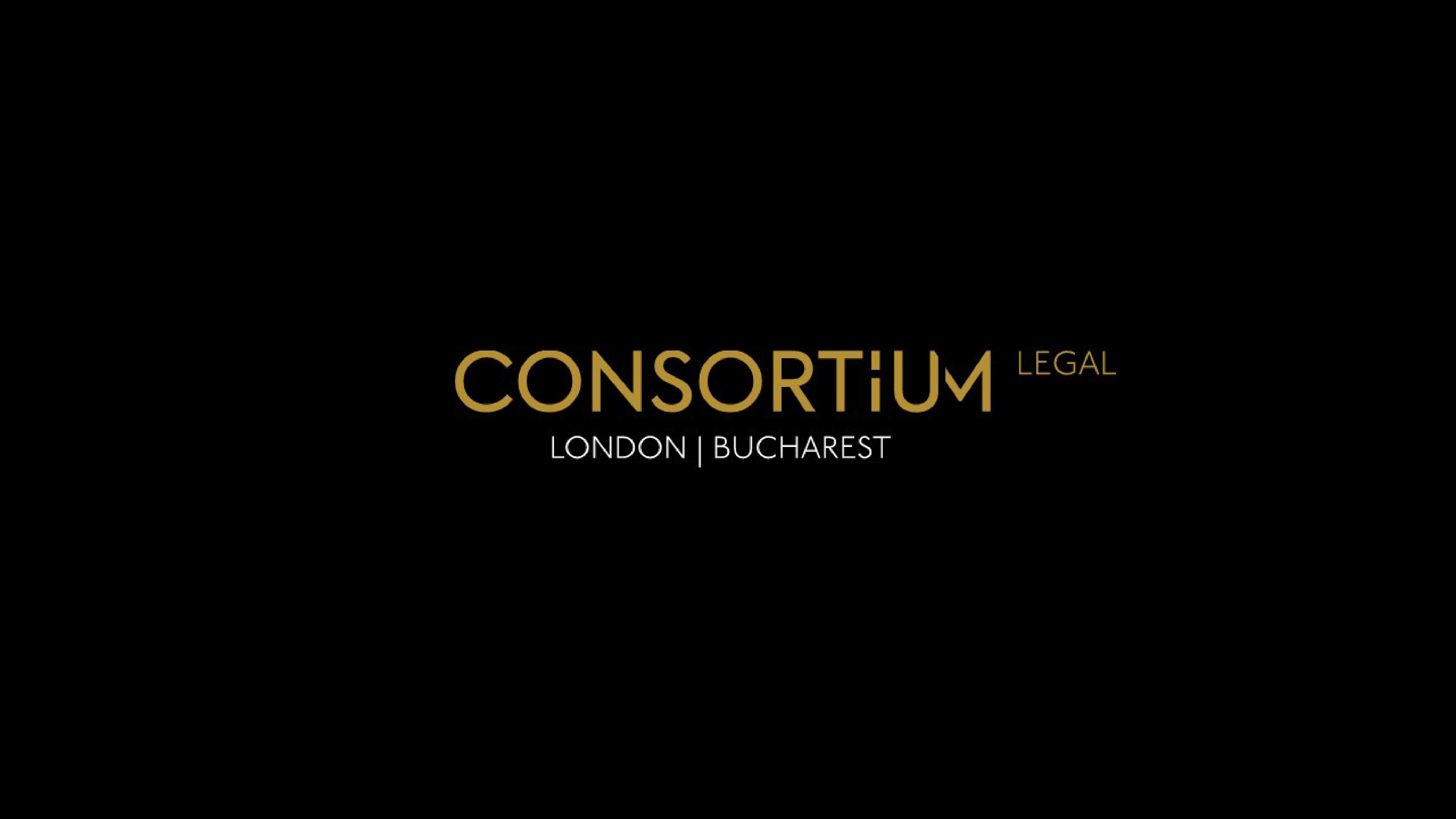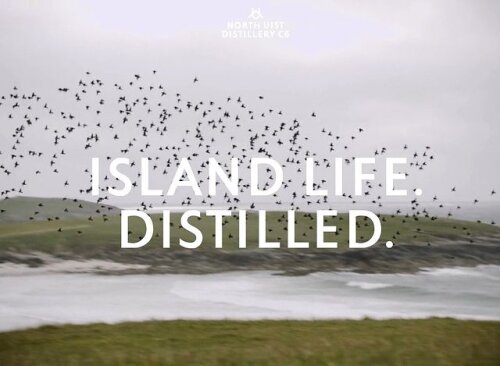Best Water Law Lawyers in London
Share your needs with us, get contacted by law firms.
Free. Takes 2 min.
List of the best lawyers in London, United Kingdom
About Water Law in London, United Kingdom
Water law in London is a specialist area of legal practice that deals with the regulation, management, and use of water resources in the city and the wider United Kingdom. It governs the systems and legal rights concerning the supply, distribution, discharge, and quality of water. This field of law addresses key issues such as the rights and duties of water companies, landowners, businesses, and individuals in relation to water supply, sewage, drainage, pollution control, wetlands, and waterways. Legislation and regulatory frameworks operate on both a national and local level, with London subject to unique considerations given its size, infrastructure, and environmental challenges.
Why You May Need a Lawyer
There are several situations where seeking legal advice or representation in water law could be essential. Common scenarios include:
- Disputes over water bills, charges, or supply failures with utility companies.
- Issues related to water contamination, flooding, or pollution affecting your property or business.
- Development or construction projects that require consents or compliance with water regulations.
- Challenges arising from water abstraction or drainage affecting agricultural or industrial land.
- Engagement with authorities over planning permission or environmental permitting involving watercourses.
- Legal claims concerning public health, nuisance, or property damage connected to water law matters.
- Compliance advice for businesses on water and wastewater regulations in Greater London.
- Advice for riparian (riverbank) landowners regarding rights and responsibilities.
Local Laws Overview
Several key statutes and regulations set out the legal framework for water law in London:
- Water Resources Act 1991 - Regulates water abstraction, impounding, and pollution control.
- Water Industry Act 1991 - Governs water supply and sewerage services regulation.
- Flood and Water Management Act 2010 - Focuses on flood risk management and drainage responsibilities, particularly relevant to London boroughs and the Mayor's office.
- Environmental Permitting (England and Wales) Regulations 2016 - Governs activities such as discharges to water and the management of water quality.
- Land Drainage Act 1991 - Regulates land drainage, with local authorities managing certain statutory watercourses.
- London-specific byelaws and planning policies - These can affect development, watercourse protection, and surface water drainage.
Importantly, the regulation and enforcement of water-related laws involve several agencies, including the Environment Agency, Ofwat (Water Services Regulation Authority), and local councils. Thames Water is the principal water and wastewater service provider for the city.
Frequently Asked Questions
What rights do I have if my property is affected by flooding in London?
Property owners may have the right to claim compensation if flooding is caused by negligence or an unlawful act by a third party, such as a local authority or a utility company. If flooding is due to natural causes or extreme weather, liability can be more complex. Legal advice is often needed to establish responsibility.
Who is responsible for maintaining watercourses on or near my property?
Responsibility usually falls to the riparian landowner, meaning anyone whose land borders a river, stream, or watercourse. They must maintain the section adjoining their land and refrain from obstructing water flow or causing pollution, subject to relevant permissions and restrictions.
Do I need permission to discharge water into public drains or watercourses?
Yes, under most circumstances, you must obtain a permit from the Environment Agency or local authority before discharging water into drains, sewers, or watercourses to protect water quality and avoid pollution.
Can I extract water from a river or borehole on my property?
Extraction of surface or groundwater above very low thresholds requires an abstraction licence from the Environment Agency. Exceeding permitted levels or failing to have a licence can result in enforcement action and penalties.
What should I do if I suspect water contamination on my premises?
Report the issue to your water supplier and the Environment Agency. Legal remedies may be available if contamination is due to negligence or breach of regulations. Expert assessment and legal advice can help identify the source and responsibility.
How are water charges and bills regulated in London?
Water charges are regulated by Ofwat, which oversees the pricing and service standards for water companies. Disputes over billing or service quality can often be challenged through company complaints procedures or via the Consumer Council for Water.
What legal protections exist against water pollution?
The Environmental Permitting Regulations and Water Resources Act strictly control pollution through permits and sanctions. Offenders can face criminal prosecution, fines, and civil liability for harm caused.
How does water law affect property development in London?
Any development affecting watercourses, drainage, or water supply may require various permits and flood risk assessments. Planning authorities may impose conditions to protect water quality and manage run-off or construction near water bodies.
Can businesses be held liable for polluting water in London?
Yes, businesses have a duty to prevent water pollution. Non-compliance can lead to significant penalties, clean-up costs, and reputational damage. Legal advice is crucial for managing regulatory compliance.
Which authorities should I contact regarding water disputes or legal issues?
Relevant authorities include the Environment Agency, Ofwat, your local borough council, Thames Water, and, in some cases, the Consumer Council for Water. Legal professionals specializing in water law can also provide guidance on the appropriate channels.
Additional Resources
If you are seeking further help, the following resources can be valuable:
- Environment Agency - Responsible for water quality, abstraction licensing, and flood management.
- Ofwat - Regulates water supply and wastewater treatment companies across England and Wales.
- Consumer Council for Water - Provides guidance and support for consumers on water and sewerage issues.
- Thames Water - Main water and wastewater provider in London, handling operational issues and disputes.
- Local council environmental health or planning departments - Manage local drainage, land development, and public health concerns.
- Law Society or local Citizens Advice Bureau - Can assist in finding solicitors specializing in water law and related disputes.
Next Steps
If you believe you have an issue relating to water law or need legal guidance:
- Gather all relevant documents, including correspondence, permits, bills, and photographs that relate to your issue.
- Contact the responsible authority (Environment Agency, Thames Water, local council) to report and seek resolution.
- If the matter remains unresolved, seek advice from a solicitor experienced in water law cases. The Law Society’s Find a Solicitor service can help locate a specialist near you.
- For urgent environmental or public health concerns, contact the Environment Agency’s emergency hotline.
- Use local advice agencies such as Citizens Advice if you require practical guidance before instructing a lawyer.
- Keep records of all communications and actions taken, as these may be important if your case proceeds to a formal dispute or court action.
Water law is a complex area often involving multiple authorities and overlapping regulations. Timely legal advice and action can be crucial in protecting your rights, property, and interests in London.
Lawzana helps you find the best lawyers and law firms in London through a curated and pre-screened list of qualified legal professionals. Our platform offers rankings and detailed profiles of attorneys and law firms, allowing you to compare based on practice areas, including Water Law, experience, and client feedback.
Each profile includes a description of the firm's areas of practice, client reviews, team members and partners, year of establishment, spoken languages, office locations, contact information, social media presence, and any published articles or resources. Most firms on our platform speak English and are experienced in both local and international legal matters.
Get a quote from top-rated law firms in London, United Kingdom — quickly, securely, and without unnecessary hassle.
Disclaimer:
The information provided on this page is for general informational purposes only and does not constitute legal advice. While we strive to ensure the accuracy and relevance of the content, legal information may change over time, and interpretations of the law can vary. You should always consult with a qualified legal professional for advice specific to your situation.
We disclaim all liability for actions taken or not taken based on the content of this page. If you believe any information is incorrect or outdated, please contact us, and we will review and update it where appropriate.











